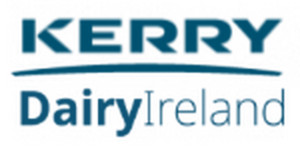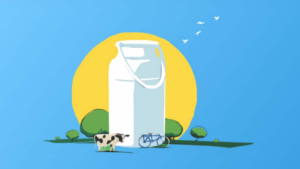Unlike parent Unilever, Hindustan Unilever (HUL) — its Indian subsidiary and the country’s largest consumer goods company — has opted against hiving off units in a bid to spur growth. But that trend, according to analysts, may undergo a change in the future, as rival and new-age brands get increasingly aggressive in the domestic market, forcing legacy players to redraw their strategies.
Consider this: Unilever has just announced that it is separating its ice-cream business, which contributes 13.3% to its $64.5-billion revenue (for calendar year 2023), as it sets out to do “fewer things better, and with greater impact”, according to CEO Hein Schumacher.
In India, an HUL spokesperson told FE that the company was evaluating “various options” in light of the announcement.
“We will discuss this with the HUL board and the Unilever management in the coming months. Once the approach is finalised, we will communicate further,” the spokesperson said.
While some analysts believe that scooping out the Indian ice-cream business may hardly make a big difference to the company’s topline (it contributes 3% to FY23 turnover of Rs 58,154 crore), some experts say that there could be a strategic shift in the future.
“Ice-creams have been a small part of the HUL business for some time now,” says G Chokkalingam, founder and managing director of Mumbai-based Equinomics Research.
“While the summers are long and hot in India, there are stronger players such as Amul, Mother Dairy and a host of regional brands whose pricing is competitive and flavours unique. HUL may weigh in these prospects when taking a call with regard to the business,” he said.
Abneesh Roy, executive director at Nuvama Institutional Equities, said that HUL may choose to retain the ice-cream business, which includes brands such as Kwality Wall’s, Cornetto and Magnum, much like it did the tea business in 2021. “HUL retained the tea business while its parent sold off the business in other countries (to CVC Capital Partners for $5billion). We do see a low probability of any big change in HUL with regard to ice-creams,” he said.
At a broader level, however, HUL has toed its parent’s line, said experts, when deciding to split its beauty and personal care (BPC) portfolio, its largest business unit, contributing 37% to FY23 topline, in recent months. The new structure, which will see BPC split into beauty and well-being and personal care, will come into force in FY25.
In a recent earnings call, HUL’s chief executive officer and MD Rohit Jawa said that beauty and personal care were operating on different business model choices.
“I took the call that this was the time to bring a high level of specialisation and focus to build a beauty and well-being company within HUL. And separate it from personal care, which has a different innovation rhythm and clock speed as well as competitors,” he said.
According to analysts, beauty and wellness is a12,000-crore unit after the break-up. It includes brands such as Clinic Plus, Lakme, Dove, Pond’s, Sunsilk, Tresemmé, Acne Squad, and Love Planet Beauty among others. Personal care is close to `10,000 crore in terms of size, based on the company’s FY23 financial numbers, including labels such as Lifebuoy, Lux, Close Up, Pepsodent, Axe and Rexona.





